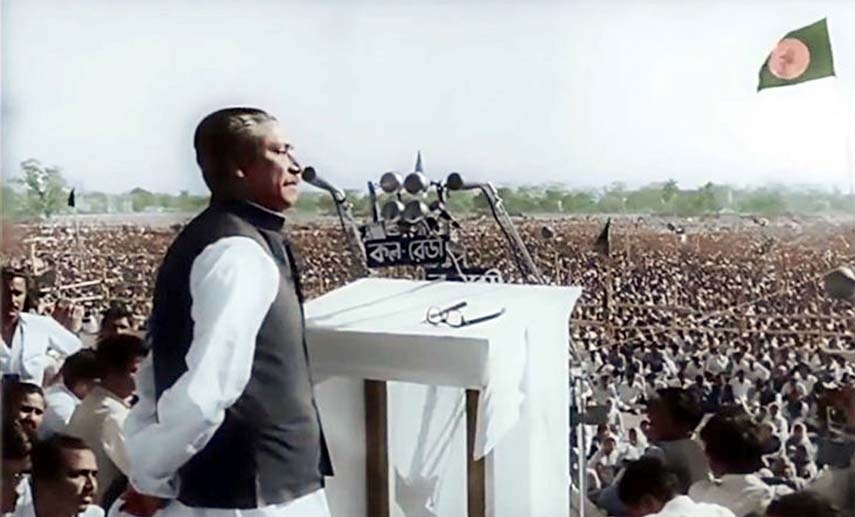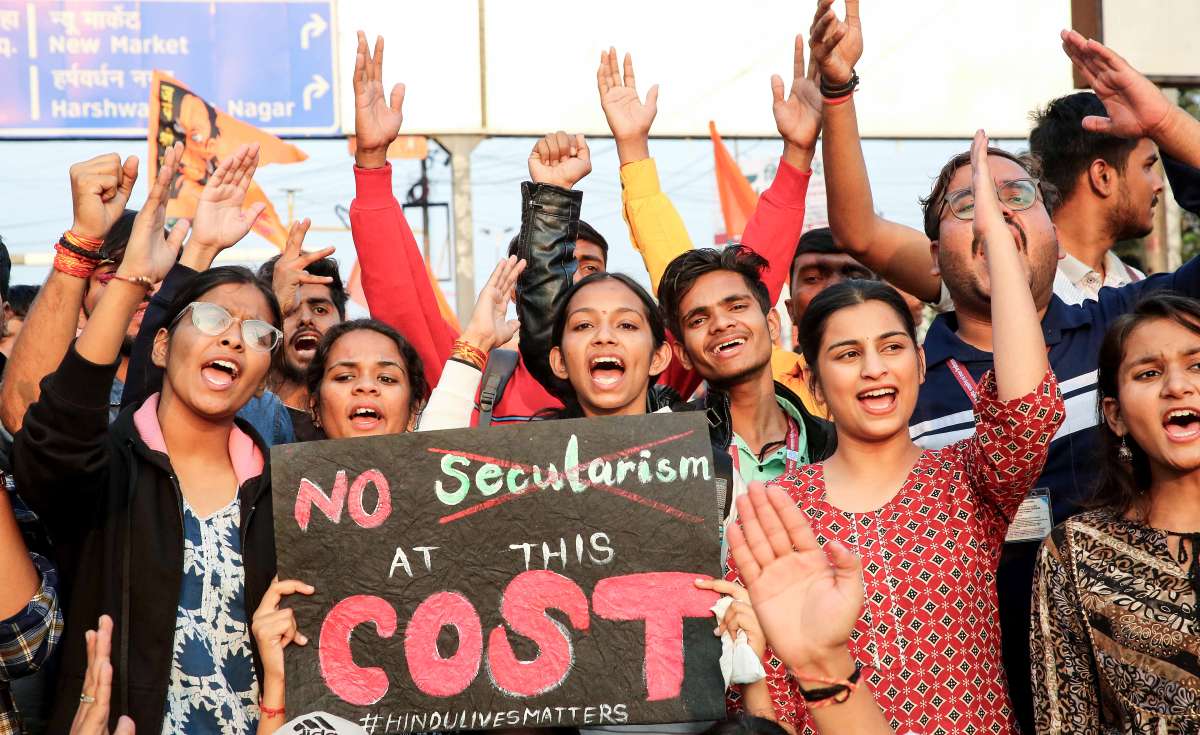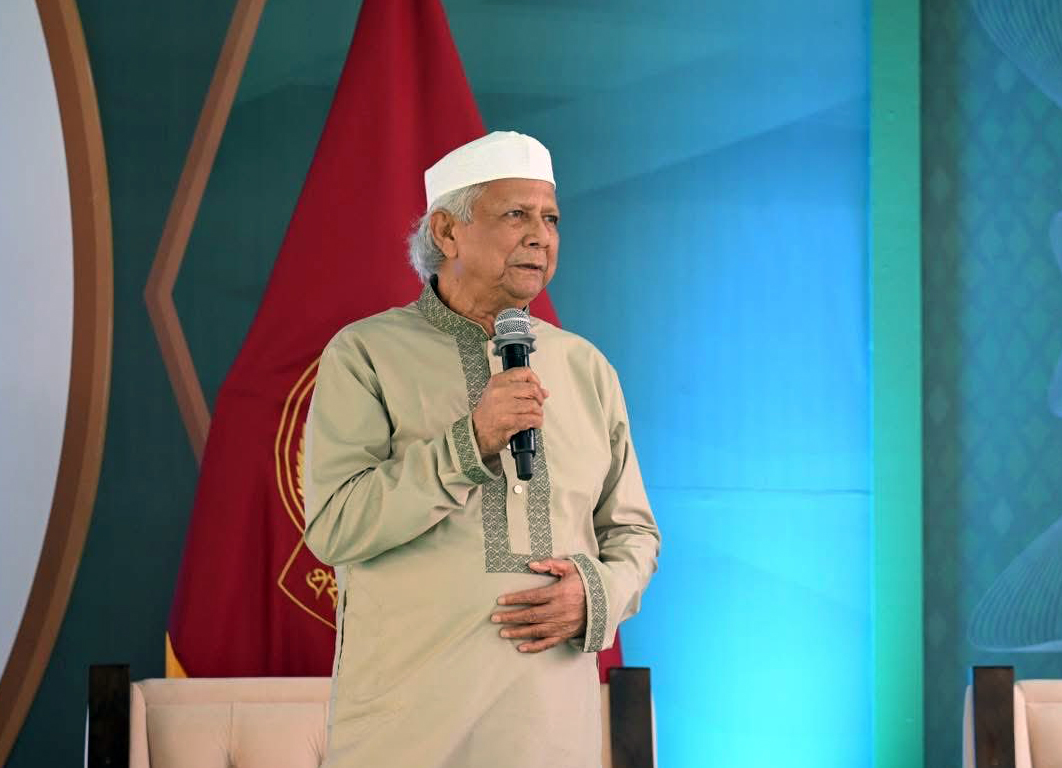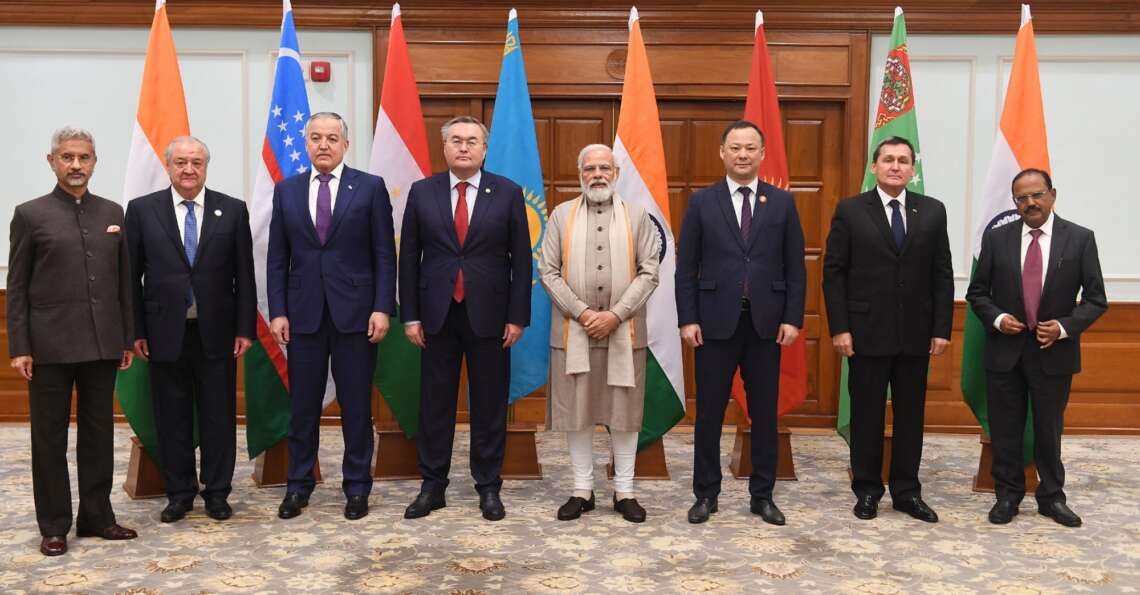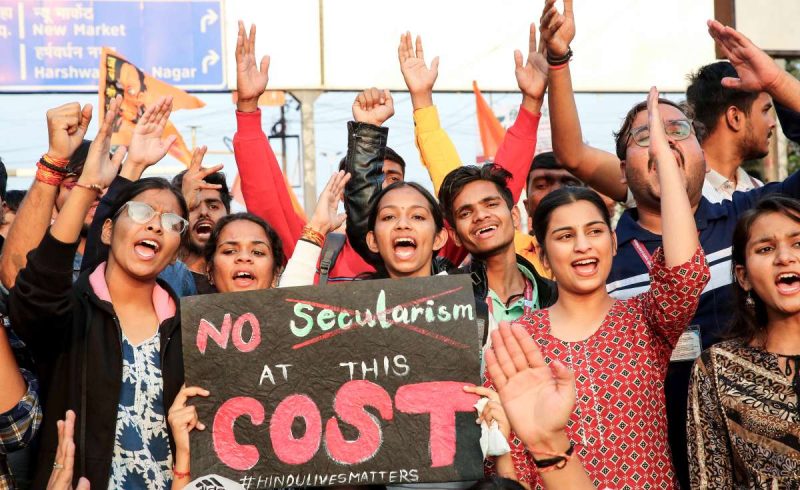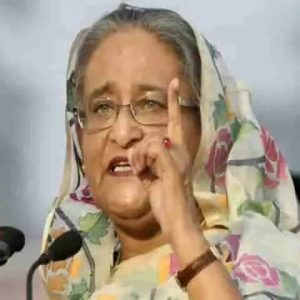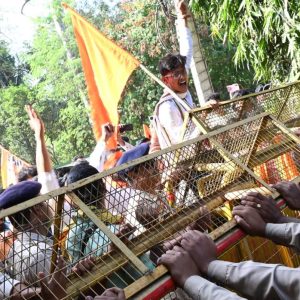Bangladesh interim government rejects claims it revoked freedom fighter status of Bangabandhu and Mujibnagar leaders, affirming their honour and recognising all contributions to the Liberation War.
The interim government of Bangladesh, led by Muhammad Yunus, categorically denied media reports claiming that it has revoked the freedom fighter status of key historical figures, including Bangabandhu Sheikh Mujibur Rahman, acting President Syed Nazrul Islam, former Prime Minister Tajuddin Ahmed, and several other leaders of the Mujibnagar government. These reports followed the enactment of the National Freedom Fighters Council (JAMUKA) Ordinance, which allegedly redefined the criteria for recognising freedom fighters from the 1971 Liberation War.
Several prominent newspapers, including Samakal, Jugantor, Ittefaq, and Kalerkanth, had reported that the new ordinance effectively stripped Bangabandhu and over 400 other noted figures of their official status as freedom fighters. These reports sparked widespread controversy and concern among the public and political observers.
However, Chief Advisor Muhammad Yunus promptly took to social media to dismiss the reports as “fake news.” In an official statement issued by his office, Yunus clarified, “The news published in several media outlets that the freedom fighter recognition of more than a hundred leaders, including President Sheikh Mujibur Rahman, Acting President Syed Nazrul Islam, Prime Minister Tajuddin Ahmed, and two ministers Md. Mansur Ali and AHM Kamruzzaman of the Mujibnagar government, have been revoked is completely baseless, false and misleading.”
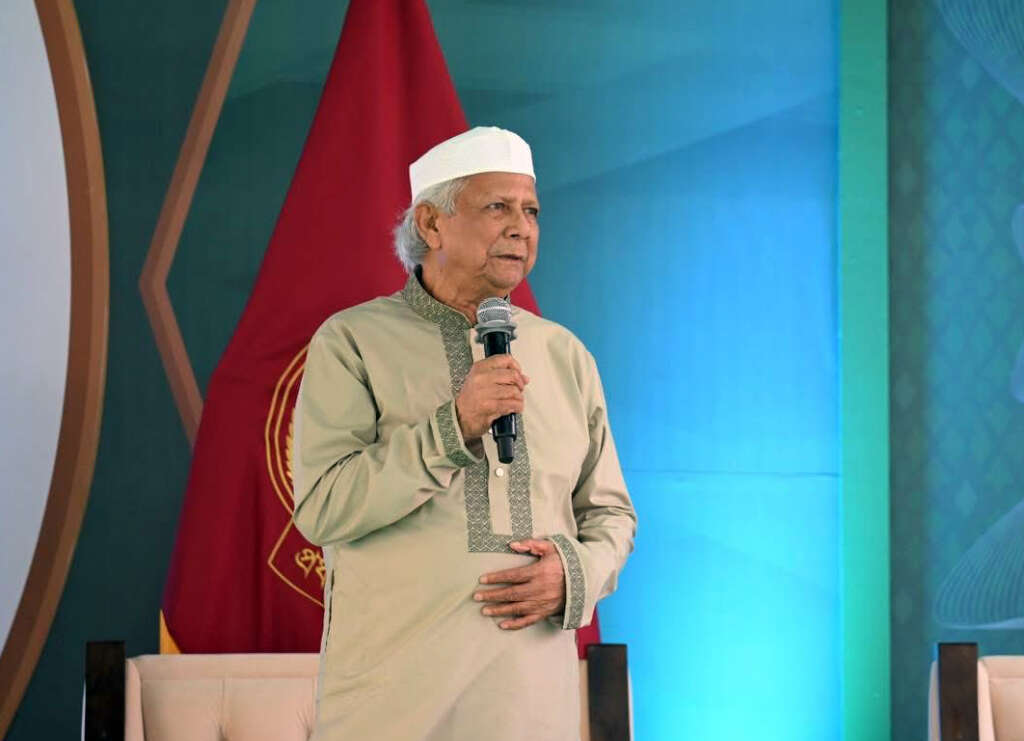
Faruk-e-Azam, Advisor to the Ministry of Liberation War Affairs, further explained the government’s position, stressing that the Mujibnagar government leaders are indeed recognised as freedom fighters. Azam clarified the distinction between ‘freedom fighters’ and ‘associate freedom fighters’ introduced in the ordinance. He stated, “Those who were in the Mujibnagar government were freedom fighters. Additionally, those who fought the Liberation War with arms were also freedom fighters. However, the officials and employees of that government are considered associate freedom fighters.”
Azam elaborated that associate freedom fighters include diplomats and those affiliated with the Swadhin Bangla Betar Kendra, the radio station that played a pivotal role in boosting morale during the Liberation War. He emphasised that being categorised as an associate does not diminish their honour or contributions.
“The definition of freedom fighter that existed in 1972 has been implemented. It was changed in 2018 and 2022. The honour, status, and privileges of both freedom fighters and collaborators of the Liberation War will remain the same,” Azam stated.
Azam also reaffirmed that all members of the Mujibnagar government have been officially recognised as freedom fighters. “It is a historical fact that the Mujibnagar Government led the Liberation War. The Mujibnagar Government itself, along with all forces officially recognised by it, will be acknowledged as freedom fighters,” he said. “Those who were auxiliary freedom fighters have not been disrespected. The salaried employees under the Mujibnagar Government have been termed Muktijuddher Shohojogi (associate of the Liberation War). There has been no discrimination in state allowances or other benefits—everyone is treated equally.”
The ordinance, issued late Tuesday night, amended the National Freedom Fighters Council Act and sought to redefine the legal concept of freedom fighters. It introduced a category called “associates of the Liberation War,” which includes Members of the National Assembly (MNAs) and Members of the Provincial Assembly (MPAs) affiliated with the wartime provisional government, the Mujibnagar Government, and later post-war constituent assembly. According to the ordinance, these individuals will no longer be categorised as freedom fighters but as associates.

The newly defined associate category also encompasses professionals who contributed to the Liberation War while staying abroad, citizens who helped shape international public opinion, government officials and employees of the Mujibnagar government, physicians, nurses, other assistants, artists and crew members of Swadhin Bangla Betar Kendra, Bangladeshi journalists working domestically and internationally, and members of the Swadhin Bangla Football Team.
Reports claimed that the ordinance would affect the status of Bangabandhu Sheikh Mujibur Rahman, former Prime Minister Tajuddin Ahmed, former Acting President Syed Nazrul Islam, and more than 400 others who have long been officially recognised as freedom fighters.
The ordinance’s definition of the Liberation War states, “The war waged from March 26 to December 16, 1971, to establish equality, human dignity and social justice for the people of Bangladesh as an independent democratic state against the invading and occupying Pakistani armed forces and their collaborators — the Razakars, Al-Badr, Al-Shams, Muslim League, Jamaat-e-Islami, Nezame-Islam, and the Peace Committee.”
It further defines a “Bir Muktijoddha” (freedom fighter) as “someone who, between March 26 and December 16, 1971, either prepared for war and received training within villages across the country or crossed the border into India to enrol in various training camps with the aim of participating in the Liberation War. These individuals actively took part in the war against the occupying and invading Pakistani armed forces and their local collaborators towards achieving Bangladesh’s independence.”
The ordinance notably removed the term “Father of the Nation Bangabandhu Sheikh Mujibur Rahman” from the law’s text and deleted other references to his name.
In recent months, the interim government led by Yunus has been criticised for controversial decisions, including banning the Awami League — the party that led Bangladesh to independence — and lifting the ban on Jamaat-e-Islami, a party known for demanding Sharia law and accused of collaboration during the Liberation War.


